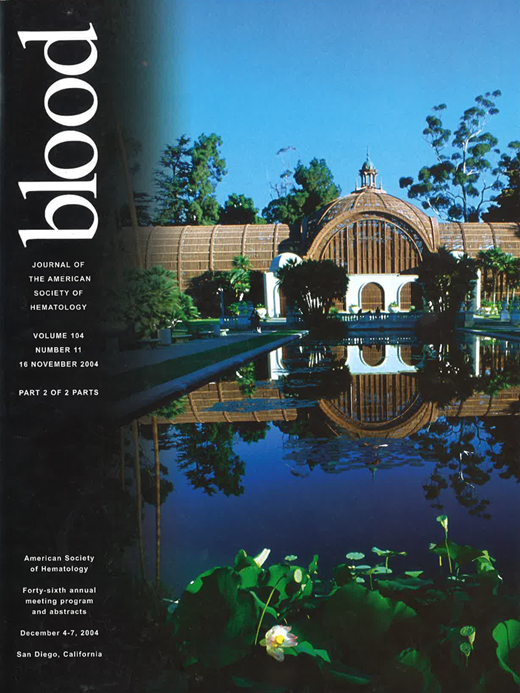Abstract
All-trans retinoic acid (ATRA) signaling pathway is of critical importance for optimal myelomonocytic differentiation and its disruption by translocations of the RARα gene leads to acute promyelocytic leukemia (APL). APL associated fusion oncoproteins, such as PML-RARα and PLZF-RARα, function through recruitment of histone deacetylases (HDACs) and DNA methyltransferases (DNMTs), thus promoting an inactive chromatin state and leading to repression of RARα target genes. Recently, we demonstrated that up-regulation of RARα2 expression by ATRA directly correlates with differentiation in non-APL AML cells. Treatment of ATRA non-responsive cells with the demethylating agent 5-Aza-2′-deoxycytidine (decitabine) restores RARα2 expression and differentiation response to ATRA in different AML subtypes, suggesting abnormal epigenetic changes as a possible mechanism underlying silencing of RARα2 and contributing to a differentiation deficit in these cells. Here we compared the methylation status of ATRA-inducible RARα2 and constitutive RARα1 promoters in 5 human AML cell lines and in normal human CD11b+/CD33+ leukocytes (NLs) by sequencing their respective bisulfite modified CpG islands. Whereas the CpG-island of the RARα2 promoter was completely methylated in all AML samples, it was not methylated in NLs nor in a control preB cell line, NALM-6. The methylation status of the RARα2 promoter directly correlates with the RARα2 expression level, which was shown by real-time RT-PCR to be 100–1000 fold higher in NLs or NALM-6 cells than in AML cell lines. Expression of RARα2 in human primary AML cells was found to be as low as in AML cell lines. In contrast, RARα1 promoter was not methylated in any of the samples and RARα1 expression levels were similar in AML cells and NLs. We have previously shown that stimulation of AML cell differentiation by ATRA and G/GM-CSF (GFs) is associated with a 10 fold induction of RARα2 expression through direct effects on receptor activity. We now show that pre- or co-treatment with decitabine results in up to 100 fold further increase in RARα2 expression levels, rendering the RARα2 mRNA levels similar to these observed in NLs. This synergism in RARα2 induction is paralleled by marked enhancement of leukemic cell differentiation. These results highlight the potential therapeutic use of epigenetic modifiers like decitabine, which may relieve the repression of aberrantly silenced genes required for cellular maturation and amplify the effects of differentiation inducers like ATRA and GFs in AML.
Author notes
Corresponding author

